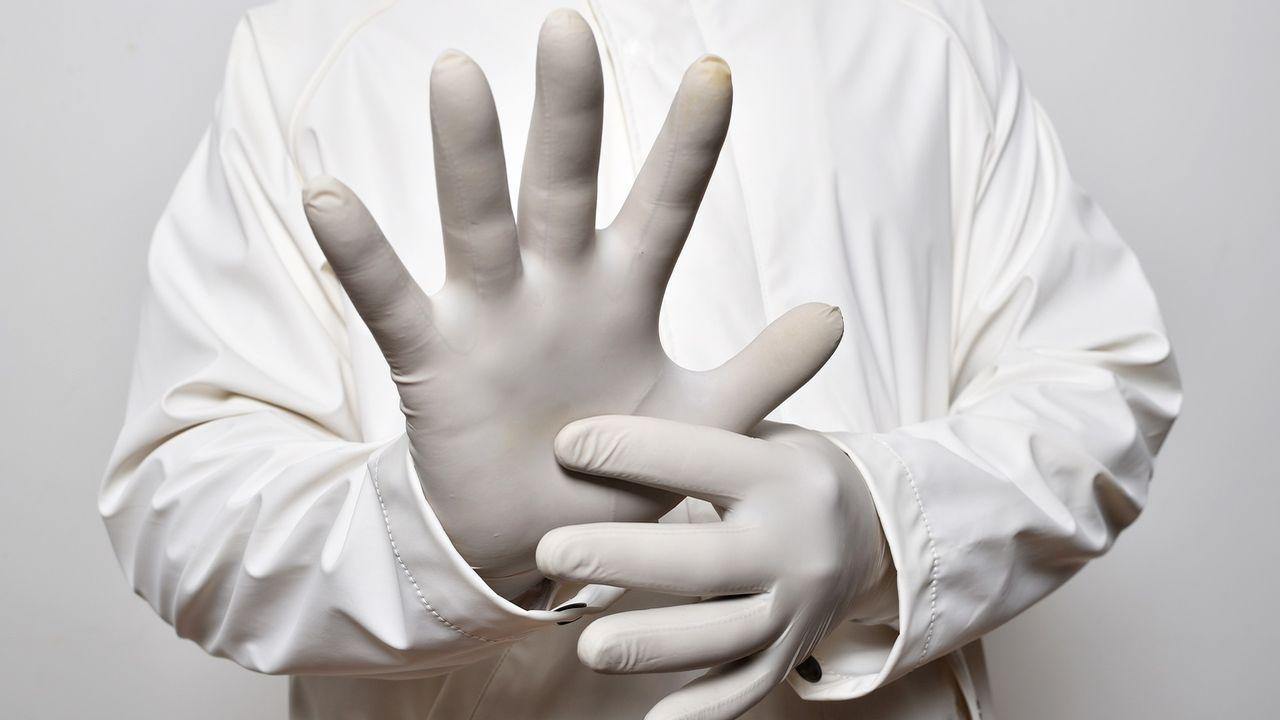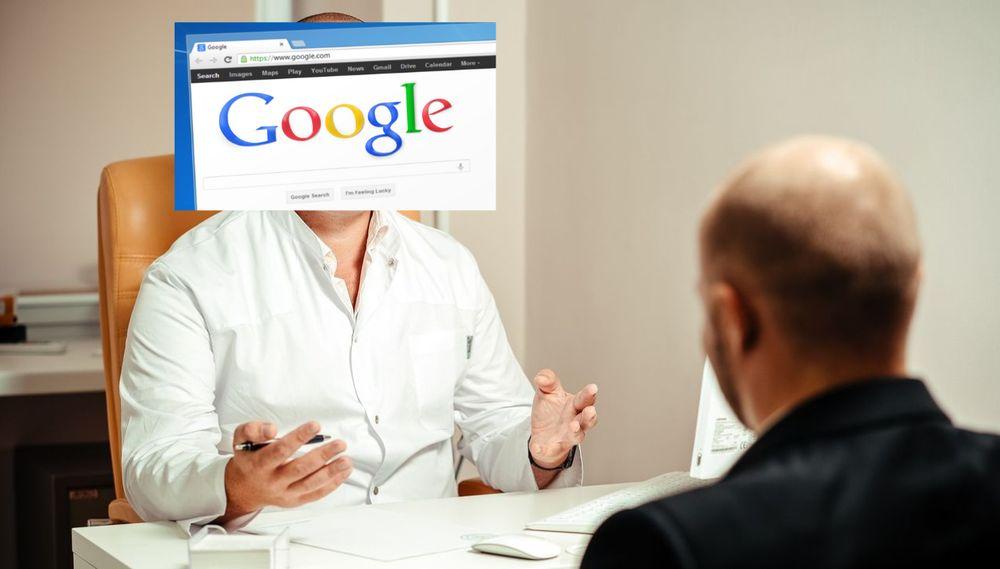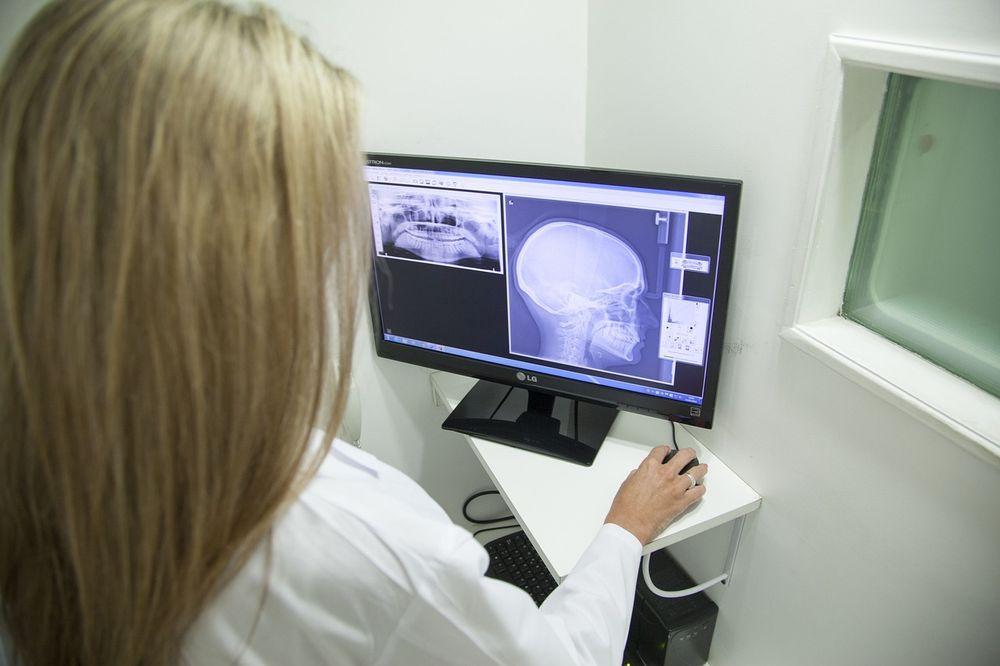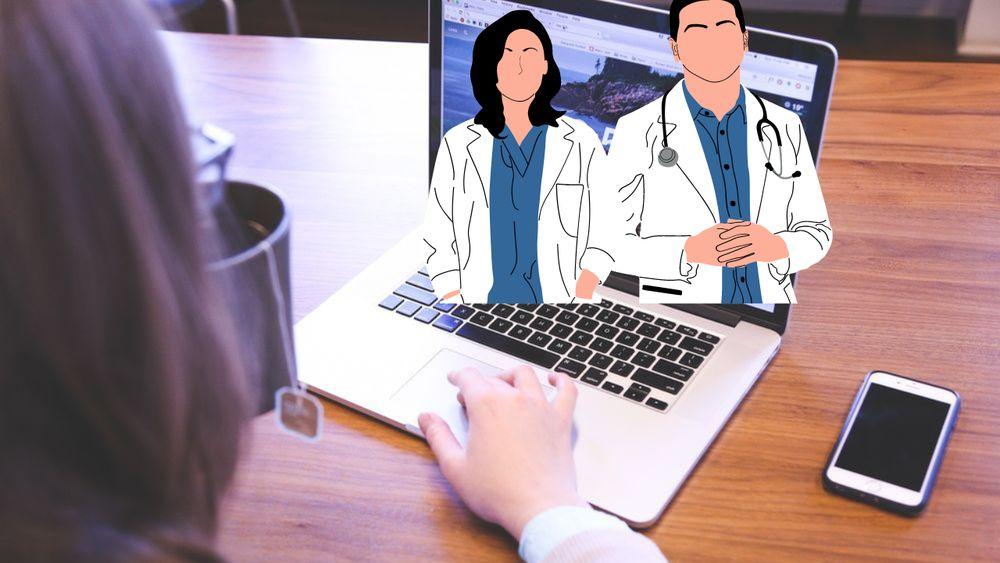
Wait, don’t! Googling your health problems never gives good results. Never. There are a wide range of reasons why you should avoid it. And you surely know that if you have already tried it on some occasion or if an acquaintance has told you about it. In case you are doubting about doing it or not, we have prepared a compilation of reasons that will make it clear to you why it is not recommended.
Google is not a doctor. As much as it has access to millions of web pages and information of all kinds, it is a simple search engine. And, therefore, you should not ask questions about your state of health or about medical aspects that may worry you. Because most likely you will end up worse off than you were, so overwhelmed that you will believe that you are in a situation of no return.
you will end up hooking up
This will possibly occur in most cases. Can you imagine how complicated it is to make a medical diagnosis? The human body is complex and Google is not ready to understand it. In your situation, it is most likely that you have symptoms that are making you worry. Those symptoms can be very general. Perhaps, for example, you start by telling Google in the search that you have a headache, that you have dizziness and that you do not go to the bathroom regularly. Do you know how many possible diseases and medical conditions can coincide with these very basic symptoms? lots.

Therefore, what will happen when you do the search is that Google will give you some initial ideas. And that’s where everything gets out of control. It is possible that these results coincide in the same type of disease and that, by obvious conclusion, you think that it has to be what happens to you. But no, the results that Google gives you will depend on many factors and not on the direct relationship they have with your state of health. They will be influenced by the content of the web pages, by their positioning in Google or by the searches that are most often repeated. In the end, it’s a snake biting its own tail that ends up leading you into a wormhole from which it will be difficult to return.
If you don’t click on the first few results and scroll down several pages, you’ll see other possible medical conditions and diseases start to pop up. Doesn’t it make it clear to you that Google really doesn’t know anything about anything? But, as you will see, there are more aspects to take into account.
It can put you at risk
Although the most common thing is that the health queries you make on Google end up leading to the highest risk theories and diagnoses you can imagine, the opposite can also happen. You never know and, on the other hand, both cases are negative for you. If practically nothing happens to you and you believe a diagnosis that is too negative, it will take a toll on you psychologically and could lead to more problems. And if something really serious happens to you and Google makes you feel a false security, you may be missing the right moment for you to receive a medical diagnosis that will help you recover quickly or even save your life.

Therefore, it is easy to see how in neither case is Google useful. And, unfortunately, most of the time what the search engine will end up transmitting to you will be one of the two approaches: either you are very bad or you are very good. Getting it right is complicated.
won’t calm you down
It is possible that the diagnosis that you find on a web page fits with how you feel or that you think that this is undoubtedly what is happening to you. The problem is that the minimum peace of mind that the search engine can transmit to you will be temporary and, above all, fleeting. In a short time you will find yourself back in the same spiral of Google searches that you had started doing some time before. Something in your head will make you feel insecure. And you will search again. You’ll use other words, and perhaps by that time you’ll have started to have other symptoms that you might add to the equation. The process will be repeated again.

You will lose time, your mood will suffer, and you may end up either even more worried or temporarily more relaxed when you find another result that makes you feel better. In the end, neither Google has the ability to diagnose, nor do you have the ability to make medical deductions about what could be happening to you. In addition, in most cases, everything you have read on Google and the time you have wasted will be of no use to you. Because, in the end, you will have to go to the family doctor, the ER or a specialist to have an analysis done and so you can really find out what is wrong with you.
And if you already wait for the results?
We have to break a spear in favor of Google. But it is a very thin spear that can be easily broken. These are the searches you do when you already have the diagnosis and are simply waiting for the results of your particular case. Here you do have more specific information to consult on Google, so you will be getting rid of all the trouble and dizziness that we have talked about before.
Anyway, be careful. The general rule that you often see in search results when you query about possible results is that it always tends to the worst. This is something absolute. After all, it is what usually generates more readings among users and what makes websites have a higher click rate. Therefore, if you are going to do this type of search, do it with a very open mind and knowing that they are only going to make you worse. The only positive aspect of this is that when you receive the actual results of your tests, you may be very calm. It is the technique of putting yourself in the worst so that, later, the blow does not hurt as much.
However, in an objective way we will say that it is not a good idea to make these consultations either. The best thing is to try to disconnect during the time you wait for the results and let everything flow naturally. Because maybe you read too bad things and spend a totally terrible days of waiting.

try to be careful
As it will have become clear to you, doing research on the condition of your health is not something that is recommended. But, if you are going to end up doing it, because it is possible that temptation can get to you, you will need to keep in mind that there are Google results that deserve more trust than others. The best are those from clinics, hospitals, official medical publications or other types of similar content that are guaranteed by medical professionals. But even so, some of the text on those types of pages is written by non-medical people, so be on your guard.
At the same time, don’t rely on information from forums, Q&A pages, wikis, or even influencers, as they are increasingly posting videos about health conditions. In general, all the warnings are summarized in a single way: leave Google and go to the doctor or even consult a telemedicine service. So you will leave doubts.